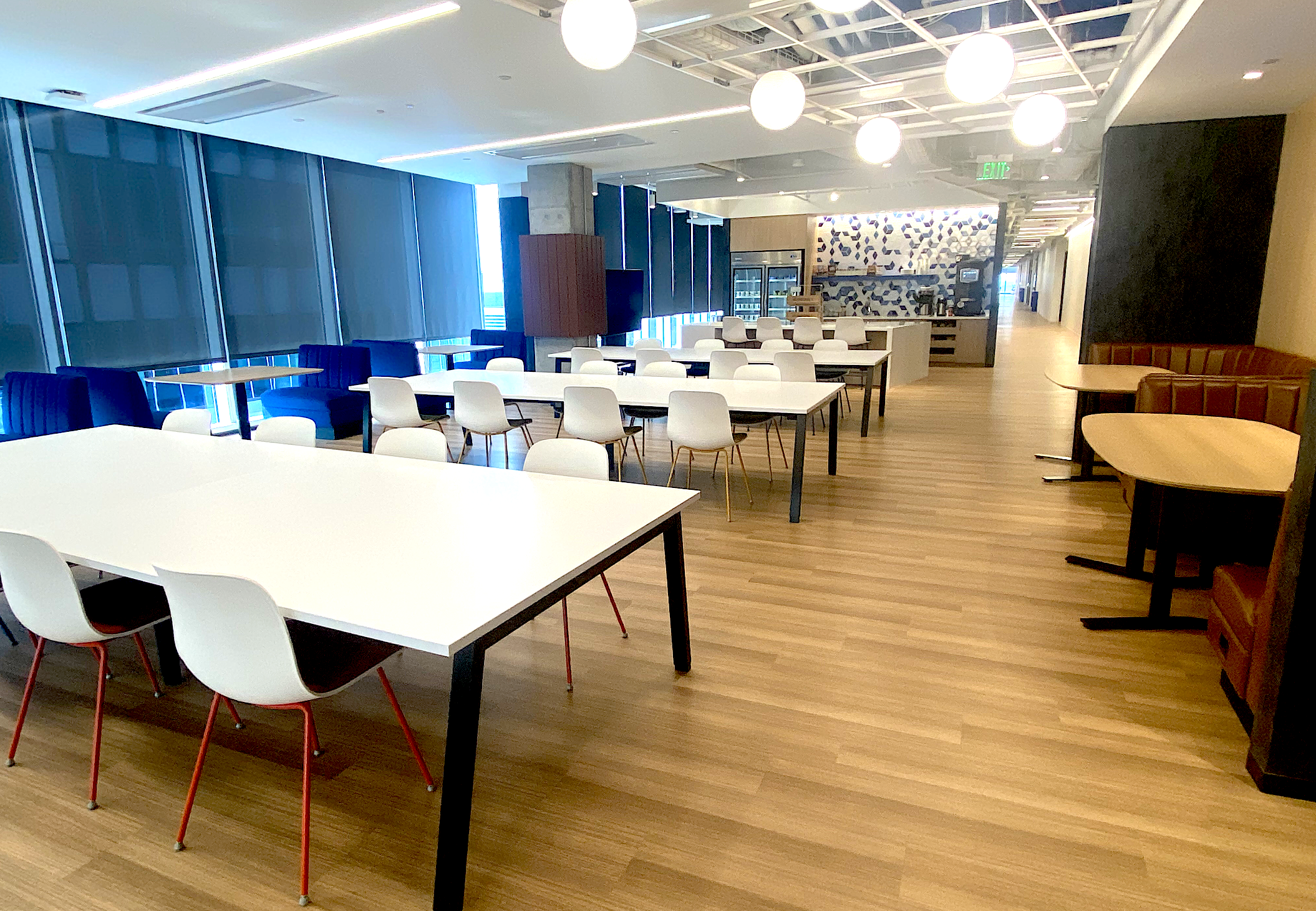 POLICY
POLICY
 POLICY
POLICY
 POLICY
POLICY
I recently had the opportunity to visit Cisco Systems Inc.’s newly opened Atlanta office, and the space, similar to what the company did with its New York Penn1 location, has been designed for the needs of hybrid work, a huge topic of conversation at the recent Enterprise Connect 2023 event.
The term “hybrid work” is an interesting one in that it simply suggests a workforce that spends part of its time working from home and partially in the office. However, the nuances of hybrid work are critical to understand, since the activities one does at home should be different than what one does in the office.
When a worker is at home, they tend to perform a lot of solo work and then use meeting tools to connect with other people. At the office, it’s more about engaging with co-workers rather than sitting at a desk and typing on a computer. In fact, at Enterprise Connect, I heard someone use the expression, “Don’t commute to compute” — meaning, if you’re going to go into the office to sit on your computer all day, which includes video meetings, then just stay home as that isn’t a good use of anyone’s time.
I’ve used the analogy that the future of work will look a lot like a university. Students tend to do most of their individual work at home and then go to campus to go to class, use the lab facilities, work on a project with classmates and other activities that one can’t do at home.
That raises the question: What are the office equivalents of those? At Enterprise Connect, Cisco Senior Vice President Snorre Kjesbu and I talked about this, and he had identified four reasons that people should be in the office: creative work, innovation, planning and mentoring/training. When people go to the office, they should fill their days with activities like this, and Cisco’s Atlanta office was designed with this in mind.
One important distinction between New York and Atlanta is that the former was designed to facilitate hybrid work, while the latter has a different primary goal and that is to attract local talent. During my tour, Cisco’s Workplace Technology Strategist Mark Miller told me the company has a goal of hiring 700 new employees with local talent over the next five years. The office is strategically located next to Georgia Tech with the big Cisco logo pointed at the campus.
Cisco is partnering closely with Georgia Tech and Historically Black Colleges and Universities in the area to help teach local students important digital skills while collaborating with organizations like the Metro Atlanta Chamber to positively impact the city’s economy. This is all part of Cisco’s mission statement of powering an inclusive future for all.
From a design perspective, Miller told me that much of what they learned in New York, they were able to “lift and shift” to Atlanta and that was noticeable to me. There was a variety of conference rooms and meeting spaces with different types of Webex systems to support different activities. Some of the important data points for the office include:
Similar to New York, Cisco will use Atlanta as a showcase to help customers make the office “a magnet and not a mandate.” From my conversations with Miller, Penn1 has seen a tremendous amount of traffic from customers, as business and IT leaders want to see what the office of the future looks like. The new offices look fantastic and certainly highlight modern work.
The only missing piece seems to be helping customers change their culture to use the space effectively. At Enterprise Connect, I talked with many IT leaders, where they had built new spaces, like one would see at Cisco Atlanta, but they were not being used. We discussed how pre-pandemic, their organizations didn’t really have a collaborative culture and as people return to the office, workers go back to doing what they did before, which is to sit in an office or a cube and do individual work.
In fact, in some ways, the pandemic helped us really nail solo work to the point where it has never been done better. Now that Cisco has the physical spaces to power hybrid work, it needs to work with its services organization and, more importantly, its partner community to help their customers change the internal culture to take advantage of all the capabilities being built into Cisco technology.
Zeus Kerravala is a principal analyst at ZK Research, a division of Kerravala Consulting. He wrote this article for SiliconANGLE.
THANK YOU